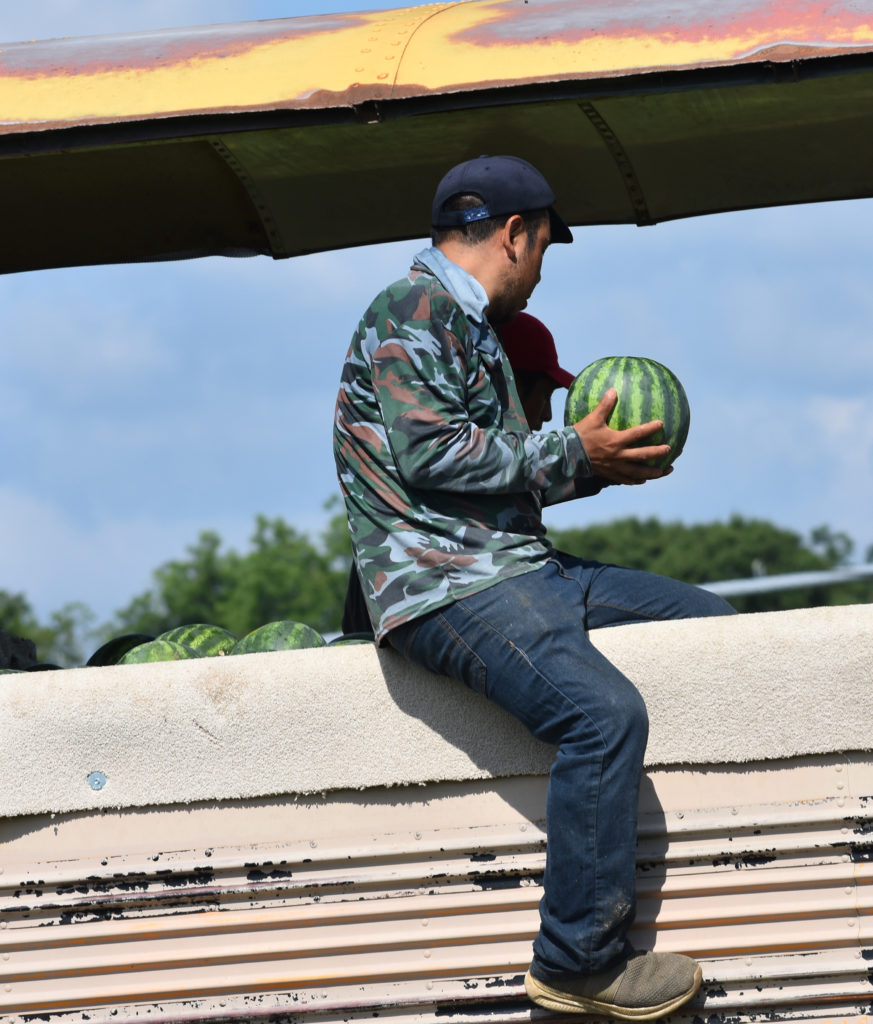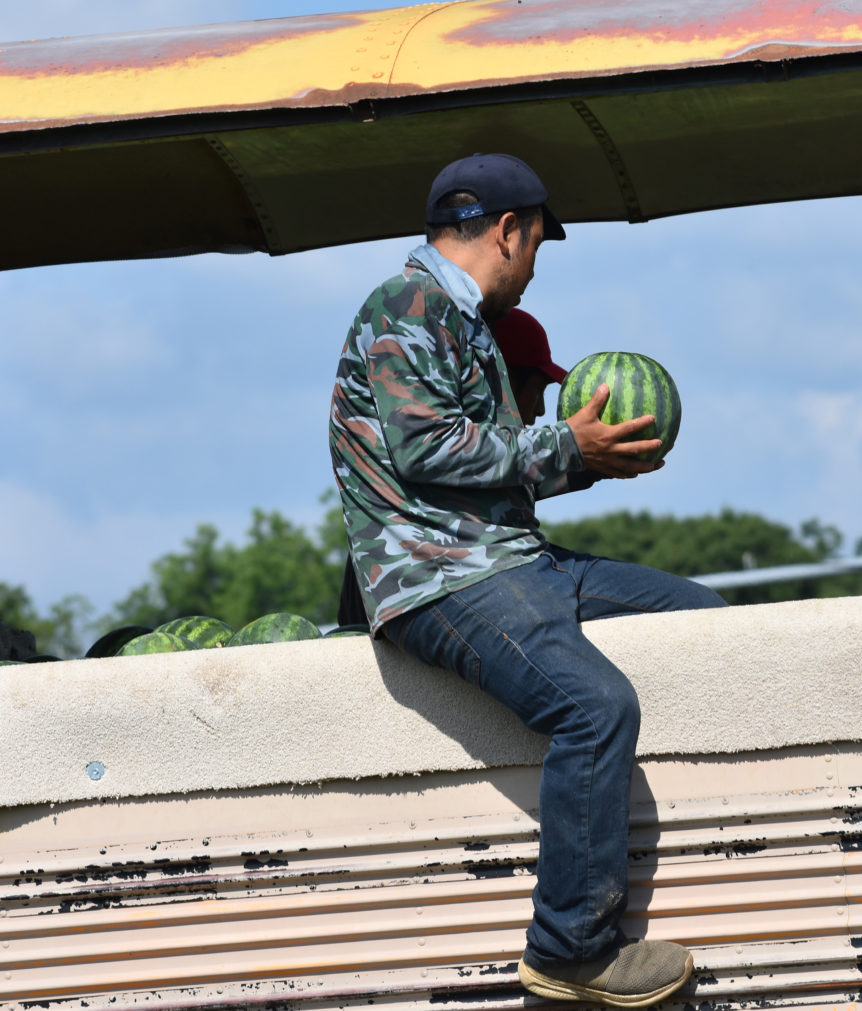By Clint Thompson
The labor crisis impacting specialty crop production can only be solved one way – with Congressional assistance. That’s the belief shared by Michael Marsh, president and chief executive officer of the National Council of Agricultural Employers.

Immigration reform has long been a controversial issue that needs to be resolved so fruit and vegetable producers can operate with a reliable labor force.
“Congress has got to do its job. The last time we did anything substantial with regards to immigration reform in the United States was 1986,” Marsh said. “That’s ultimately where the buck’s got to stop. Congress has got to do its job. The administration is in charge of helping shepherd legislation through, they need to be supportive of us as well, so we can finally get this taken care of. Unfortunately, that takes some backbone in Congress which we haven’t seen much of.”
X-Factor
One of President-elect Donald Trump’s appointments was Sen. Marco Rubio as Secretary of State. Marsh hopes Rubio’s experience with Florida farmers will help pave the way for immigration reform.
“Whether or not he’ll say, this is something that has to be done for the better of the country, and is able to convince the incoming president of that, we’ll have to wait and see. We sure hope he will,” Marsh said. “He’s got the background to help push that along.”
Farming operations are already reliant on the H-2A program to provide a dependable workforce. That reliance will be magnified if President-elect Donald Trump follows through on his deportation plan once he assumes office.
The H-2A program allows U.S. employers or U.S. agents who meet specific regulatory requirements to bring foreign nationals to the United States to fill temporary agricultural jobs.










